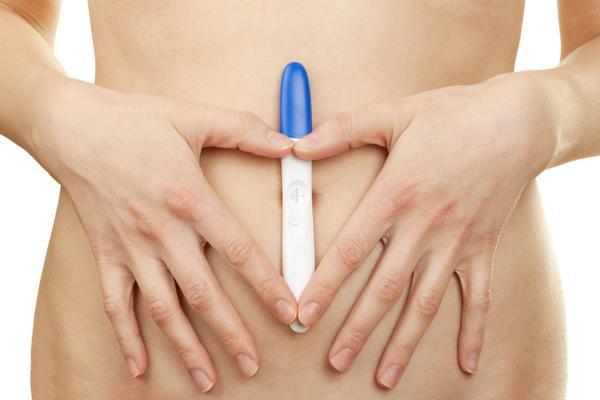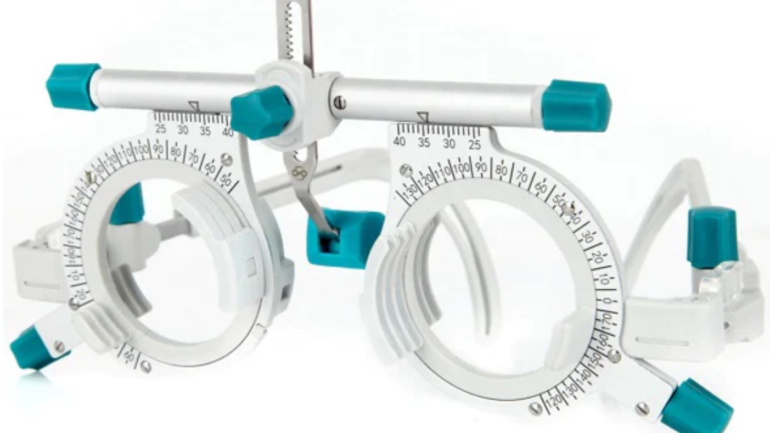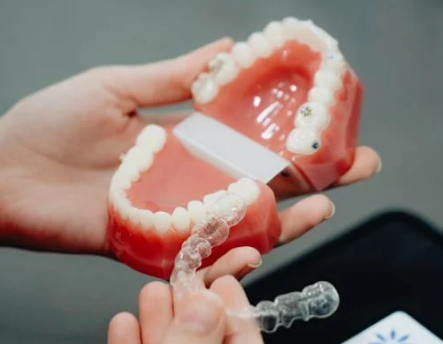If you are pregnant for the first time you may be unsure what to expect from your antenatal care as well as the options that are available to you to monitor your baby’s progress. Ultrasound scans are an incredibly important part of your pregnancy as they will give you valuable information on how your baby is developing, identify any potential concerns and give you the opportunity to see your baby before he or she is born. You may have heard the term ‘early pregnancy scan’, particularly if you have been searching the internet for information and you might be wondering what this entails and whether it is something you’d like to consider.
So, let’s look at why you might need an early pregnancy scan and what it involves, to help you make up your mind about this important element of your pregnancy.
Why might you need an early pregnancy scan?
As part of your NHS antenatal care, you will usually be offered two scans – one at around 12 weeks and the other at around 20 weeks. The first is to determine whether you are expecting one or more babies and to give you a due date and the second is to check for any anomalies. Whilst in many cases this information will be enough, some parents-to-be will want more information and reassurance, particularly in the early stages of pregnancy and so will book an early baby scan.
There are many reasons why, as an expectant parent, you would want to see your baby earlier than is routinely offered, but these are perhaps the most common ones:
Seeking reassurance – it is quite normal to feel anxious when pregnant, especially in the early stages before your pregnancy really begins to show, as it might not feel ‘real’. If you are keen to see your baby and know that all is well, an early pregnancy scan can put your mind at ease.
Get a progress report – if you have previously suffered a miscarriage or are experiencing severe pregnancy symptoms, it is understandable that you will want to check that your pregnancy is progressing well. Booking in for an early scan will give you access to obstetricians and gynaecologists who can conduct the necessary tests and checks to determine that your baby is developing as they should be.
When can you book an early pregnancy scan?
An early pregnancy scan is usually available from the 7th week into your pregnancy. At this stage your baby is only around 9mm long and still in the early stages of development, but even at this stage, a scan can give you the reassurance that all is progressing well.
Where are early baby scans available?
Early baby scans are not available on the NHS routinely, unless you are experiencing problems such as pain or vaginal bleeding. Therefore, if you want to see your baby before your 12-week routine scan you will need to book an appointment at a private ultrasound clinic. A Google search will give you easy access to your local scan centre, or you could ask friends or family members who are pregnant or have had a private baby scan recently to recommend a clinic.
What will a private early scan reveal?
As we have already mentioned, your baby is still very small at around 7 weeks and it is too early to see their features or determine gender. An early scan, however, will give you the comfort of knowing that you are pregnant, the knowledge that you are expecting one or multiple births and the offer of an estimated due date.
How to prepare for your scan
As with all pregnancy scans you should receive information from the clinic or hospital you will be attending to tell you how to prepare for your scan. This will include information such as making sure you attend with a full bladder, how many people you can bring with you and any additional guidelines you will need to follow in order to comply with their Covid-19 policies. If you are unsure about anything, it is recommended you give the clinic a call or check the clinic website before you attend.
Early Life Ultrasound Centre is a private scan clinic in Cheltenham offering a range of services for parents-to-be. More information can be found on their website earlylife.co.uk.




